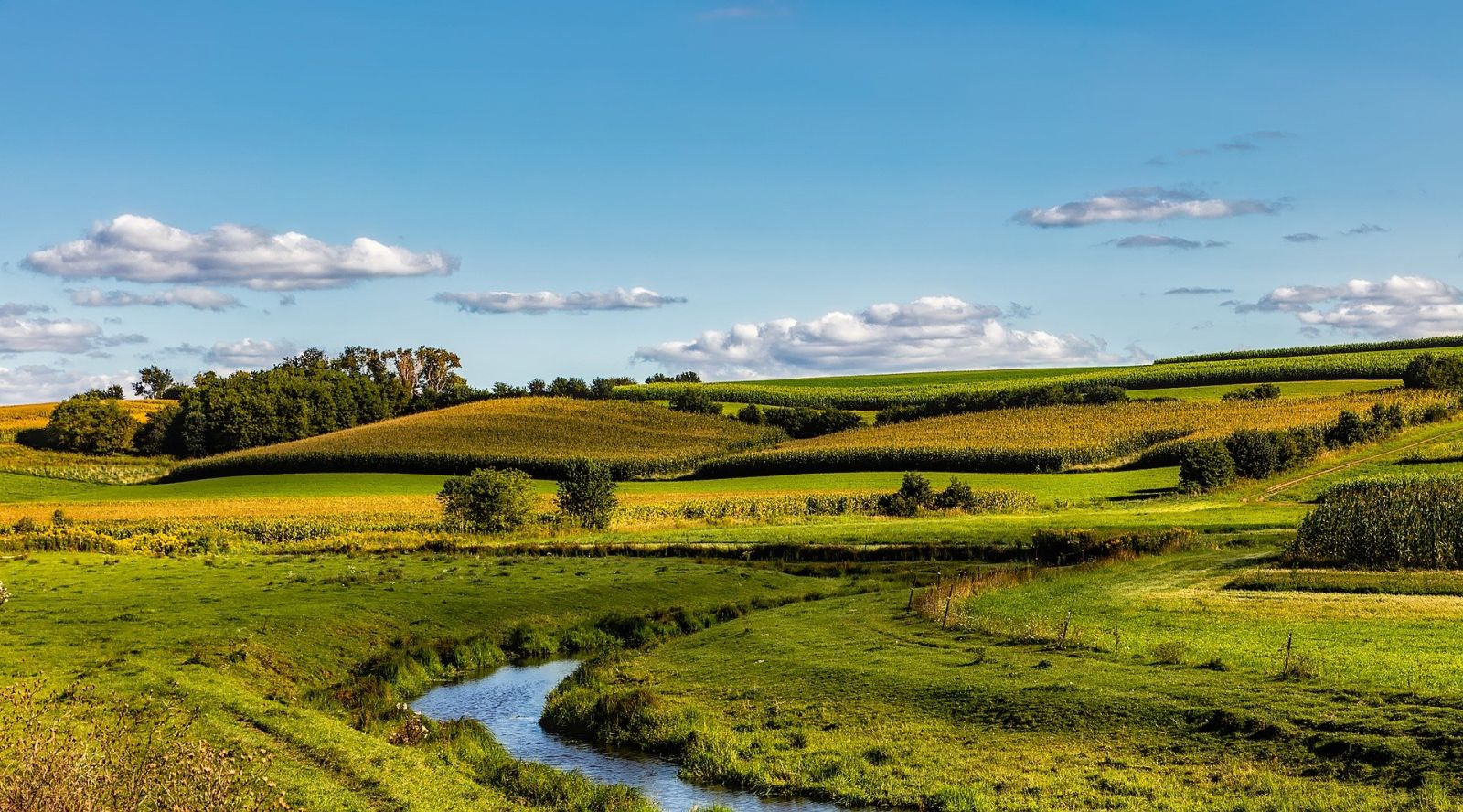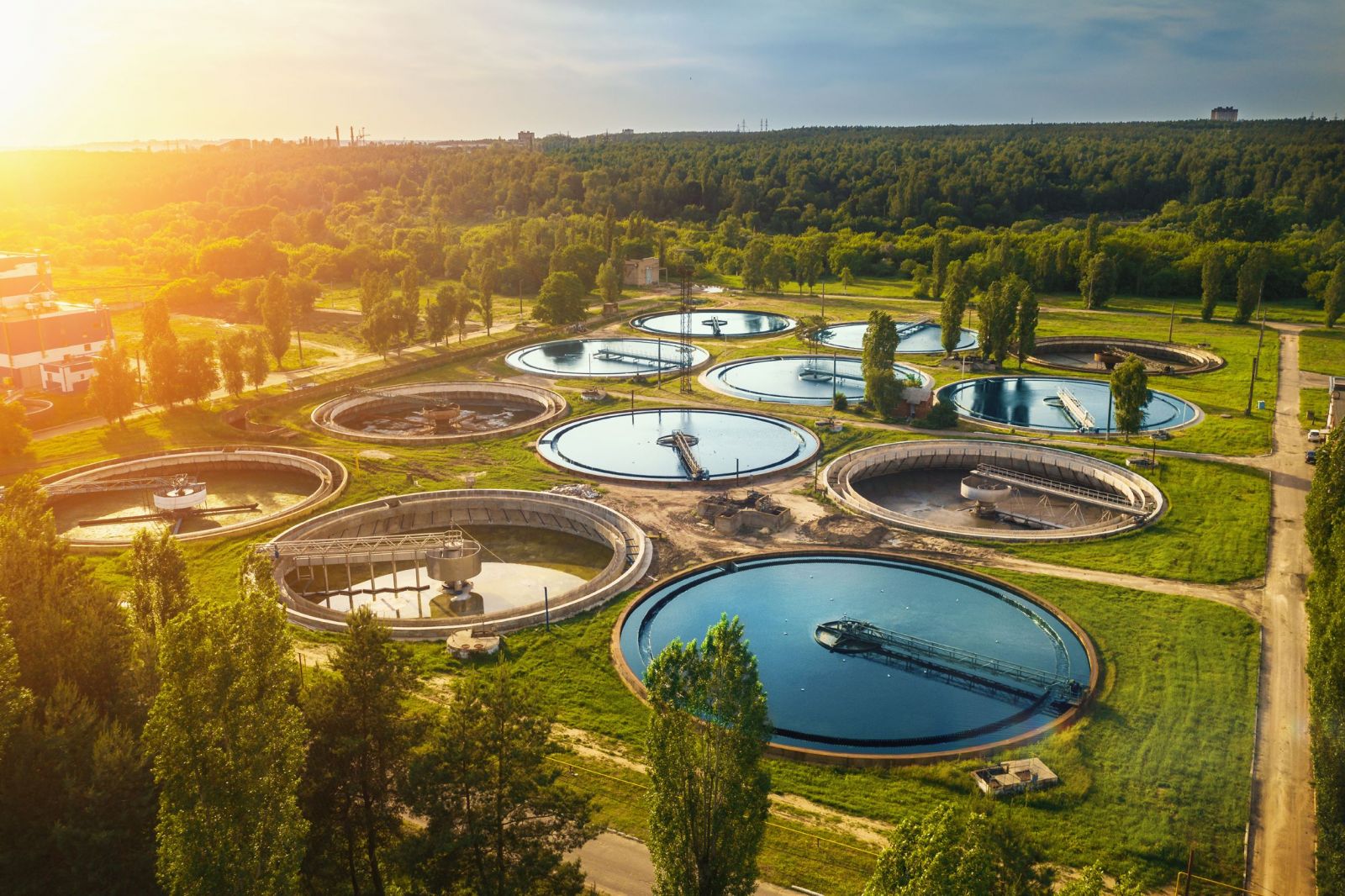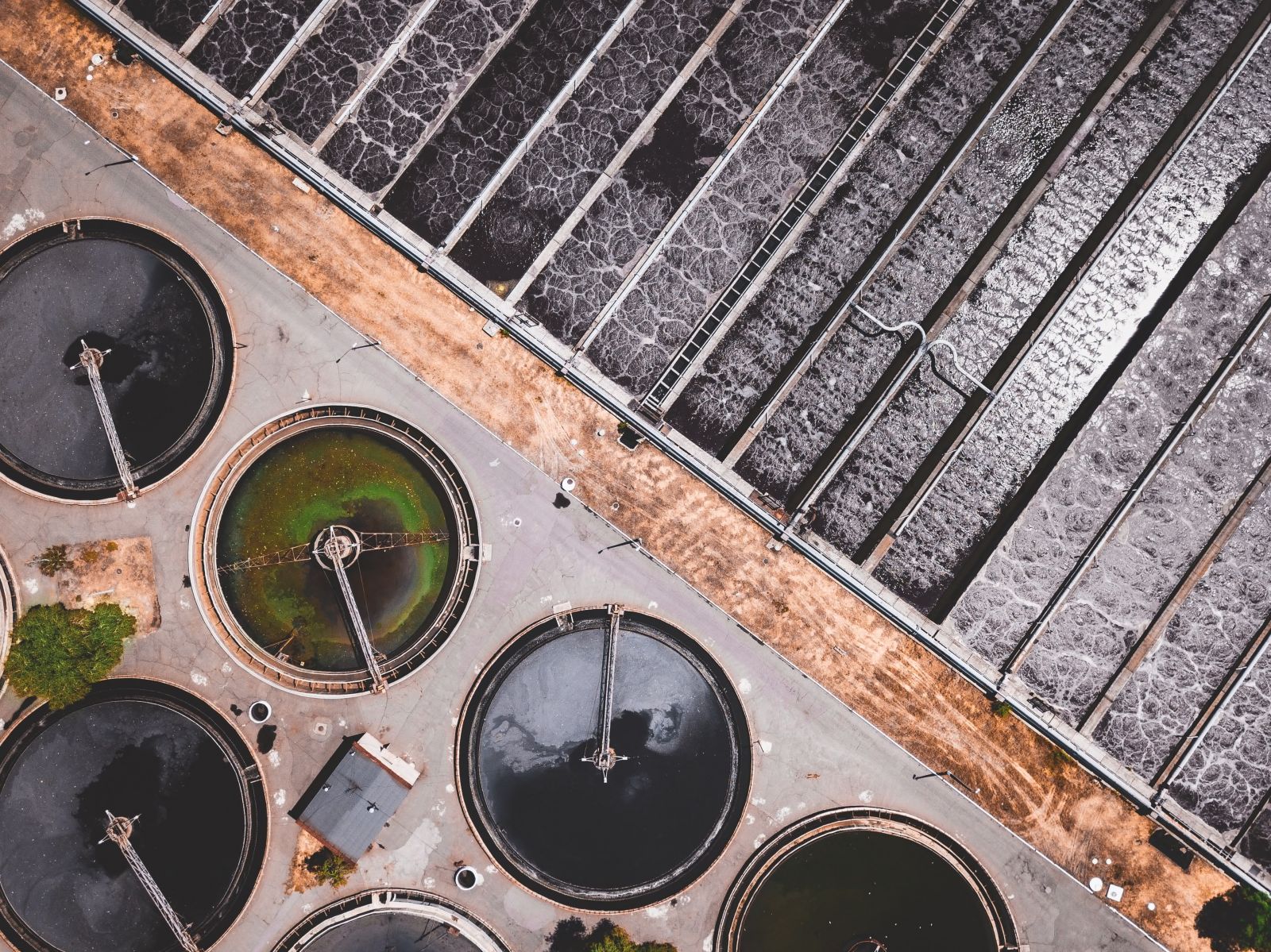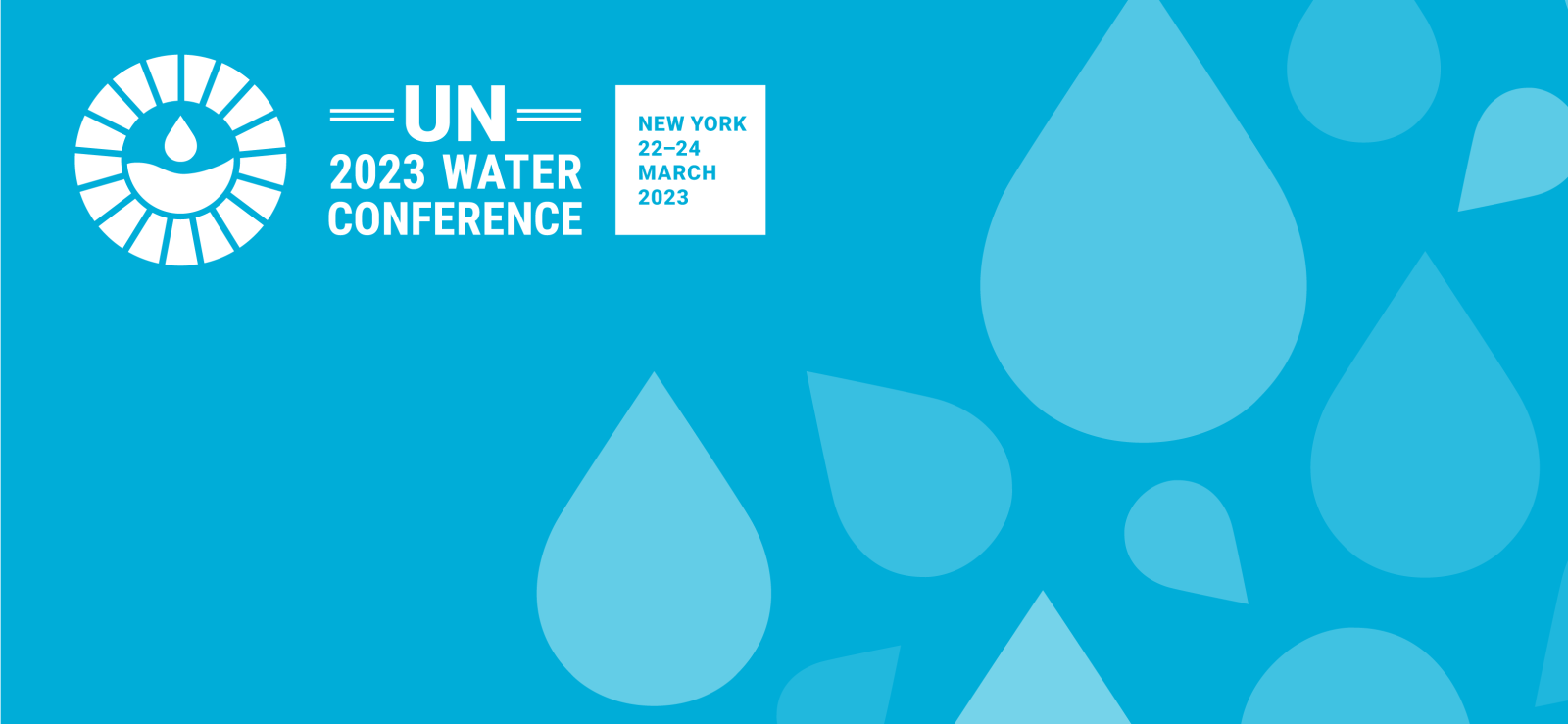
Voice of the Danube
22 April 2024
The World Bank, under the Danube Water Program, and ICPDR, the International Commission for the Protection of the Danube River, team up to deliver regional workshops on rural water services management in the Danube Region in the light of the EU water directives. The premiere happened a while ago, online. Its success encouraged the organizers to go “live” now, and schedule workshop no. 2 on April 17-18 in Vienna, along with a site visit in lower Austria.
The first workshop in 2021 was titled “Beyond Utility Reach? How to Close the Rural Access Gap to Wastewater Treatment and Sanitation Services on Rural Wastewater Treatment”. Due to pandemic-related constraints, the event happened in the virtual space and in a compressed three hours format. Still, it was a success, and the interest in the “last mile” theme has been intense ever since. Reason enough for the organizers to go serial – and go live:

This year's workshop on “The Last Mile: Rural Water Service Delivery in the Danube Region” focused on issues of water service management in small rural agglomerations, with an emphasis on efficient and affordable service provision for rural communities.
The program was rich, and delivered by distinguished experts: World Bank Senior Water Resource Management Specialist Stjepan Gabric and Adam Kovacs, Technical Pollution Control Expert at the ICPDR gave the introduction. Günter Langergraber of the Institute for Sanitary Engineering and Water Pollution Control at BOKU University in Vienna presented an overview on rural water service management in Danube region. Johannes Lohaus, Secretary General of the European Water Association threw light on the relevance of the EU water legislation for rural water services provision and water management in rural areas. Adam Kovacs retook the stage with "Data from the Danube" demonstrating the differences between rural and urban water services provision. Jennifer De France of the World Health Organization gave an introduction to WHO’s updated Guidelines and sanitary inspection tools for small water supplies. Susanna Smets, Senior Water Supply and Sanitation Specialist at the World Bank rounded off the first session with a presentation on approaches and lessons on water service provision in rural areas in the Danube region and beyond.
After a short break, session two looked at rural water services management experiences from individual countries, including policy and regulatory-related challenges. Florian Maringer, Managing Director at OOeWasser reported on Austria, Marianna Nagy Czölderova, Head of Wastewater Department and Researcher, Water Research Institute represented Slovakia, World Bank's Stjepan Gabric referred Croatia, Tomas Gremlica of the Ministry of Agriculture of the Czech Republic presented the Czech experience, and Malva Baskovich, Senior Water Supply and Sanitation Specialist, World Bank offered experiences from Chile and Brazil for comparison. A lively panel discussion and a short wrap-up concluded the day.

On day 2, Günter Langergraber took the participants on an informative fied trip to small wastewater treatment plants and a water cooperative in rural Austria. The event earned enthusiastic reactions.
Thandile Gule, trainee under the WBG African Fellowship Program commented about her takeaways from the workshop: "It is inspiring to see that, working together, we can turn even potential threats into great resources. It takes the whole community!"
And organizer Adam Kovacs from ICPDR added: “This has been a great opportunity to raise awareness to pressing challenges Danube countries are facing. These workshops are highly beneficial for experts and professionals working in the water sector.”
VoD - The last mile: Rural water service delivery in the Danube region
The World Bank, under the Danube Water Program, and ICPDR have partnered together to deliver regional workshops on rural water services management in the Danube Region and implications for necessary actions to reach EU water direc...




